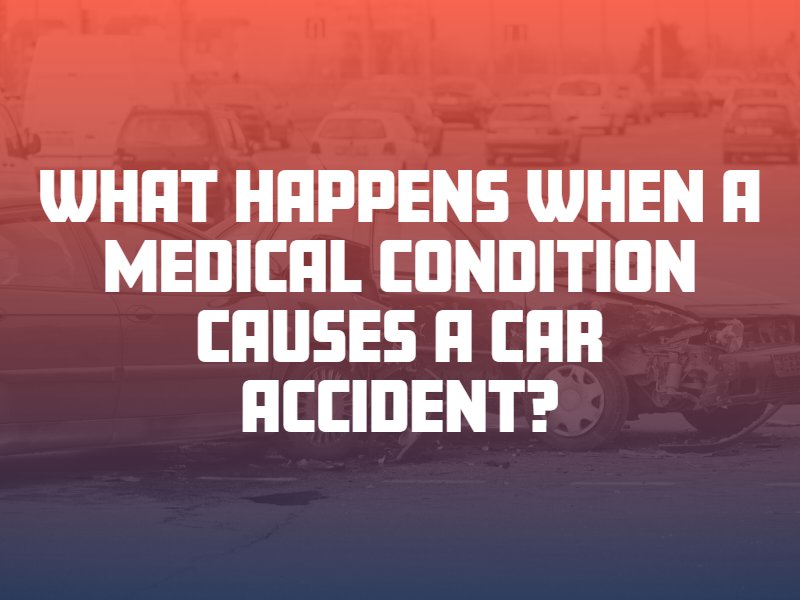If you get into a car accident with another driver and discover that he or she caused the crash due to a medical condition, liability can be difficult to determine. Whether or not the other driver is responsible for paying for your injuries and losses depends on if he or she knew or reasonably should have known that the medical emergency would take place. These cases often require assistance from experienced car accident lawyers in Albuquerque.

New Mexico Is a Fault-Based State
The car accident laws in New Mexico state that the driver or party most at fault for causing the collision will have to pay for related damages, typically through his or her auto insurance policy. This is why all drivers in New Mexico are required to carry at least the minimum required amounts of car insurance at all times. If the driver who caused your crash experienced a medical emergency behind the wheel, however, this may protect him or her from liability for the collision.
The Sudden Emergency Doctrine
Although each case is unique, a judge generally will not rule that a driver is liable for a car accident if that driver suffered an unforeseeable medical emergency, and this caused the car accident. This is because a sudden emergency is not the driver’s fault. In this scenario, you may have to seek financial compensation from your own auto insurance company instead of holding the other driver responsible, even if you did not cause the accident.
Foreseeable vs. Unforeseeable Medical Emergency
The doctrine does not apply, however, if the medical condition or emergency was reasonably foreseeable. This means that the driver knew or reasonably should have known that he or she had a medical condition – or took a prescription medication – that made it risky to operate heavy machinery. In this scenario, a judge may rule that the accident could have been prevented had the person with the medical condition chosen not to drive at that time, and that the driver will therefore be liable.
For example, if a driver knows that he or she has poor eyesight but drives without his or her prescription eyeglasses anyway, that driver cannot use the medical emergency excuse to avoid liability for a related car accident. The driver had an established eyesight issue and should have known better than to risk driving without his or her glasses.
The same rule applies if a driver causes a car accident from intoxication related to prescription medications. If there was reason to know that the medication could cause a car accident, such as side effects like dizziness or drowsiness listed on the label or a warning from the driver’s doctor, the driver could be responsible for a related crash.
If a driver experienced an unforeseeable medical condition, however, such as cardiac arrest or stroke, a judge may deem this a sudden emergency that protects the driver from liability for a related wreck. The question of liability for the vehicle collision will come down to how much the driver knew about his or her medical condition before the crash and if the driver could have done something differently to prevent the accident.
Consult With a Car Accident Attorney in Albuquerque
If you were recently injured in a car accident and the other driver is denying fault due to a medical condition, consult with a car accident lawyer before proceeding with the legal process. These cases can be complicated and result in liability disputes between both drivers’ insurance companies.
An attorney can thoroughly investigate your crash and take steps such as requesting access to the other driver’s medical records to try to establish fault. If you are unable to hold the other driver responsible due to a sudden medical emergency, your lawyer can explore other options for financial reimbursement on your behalf.




